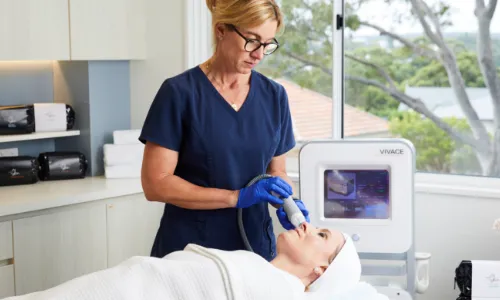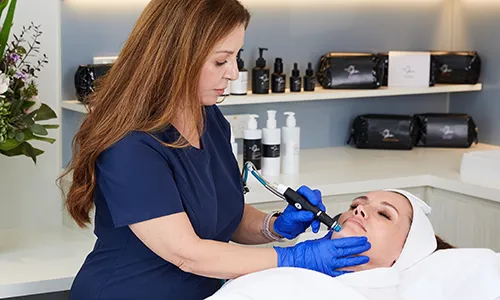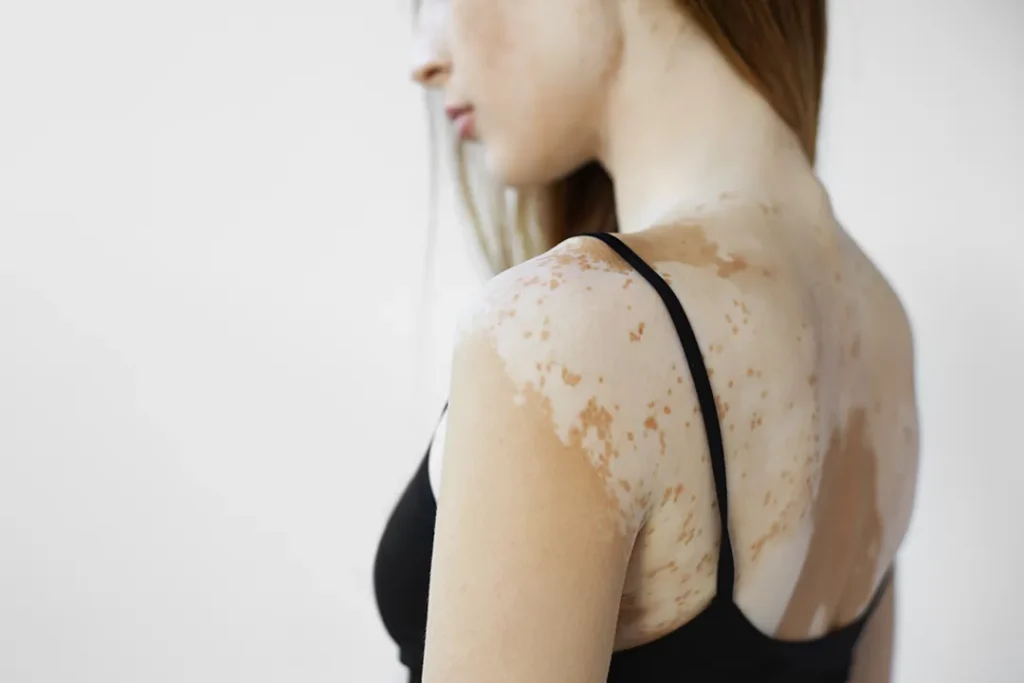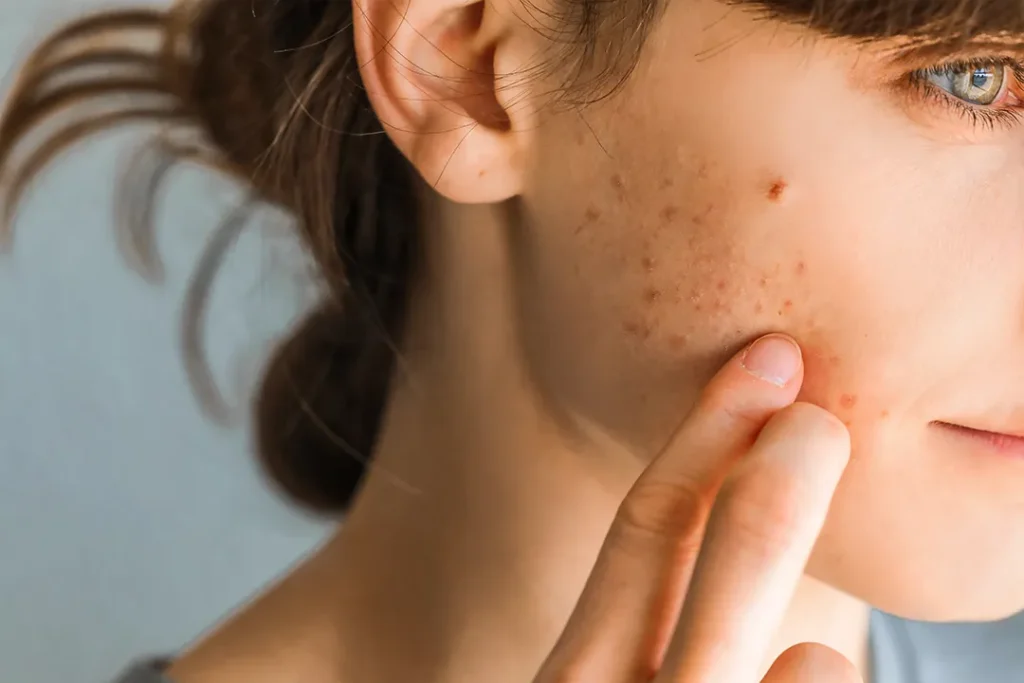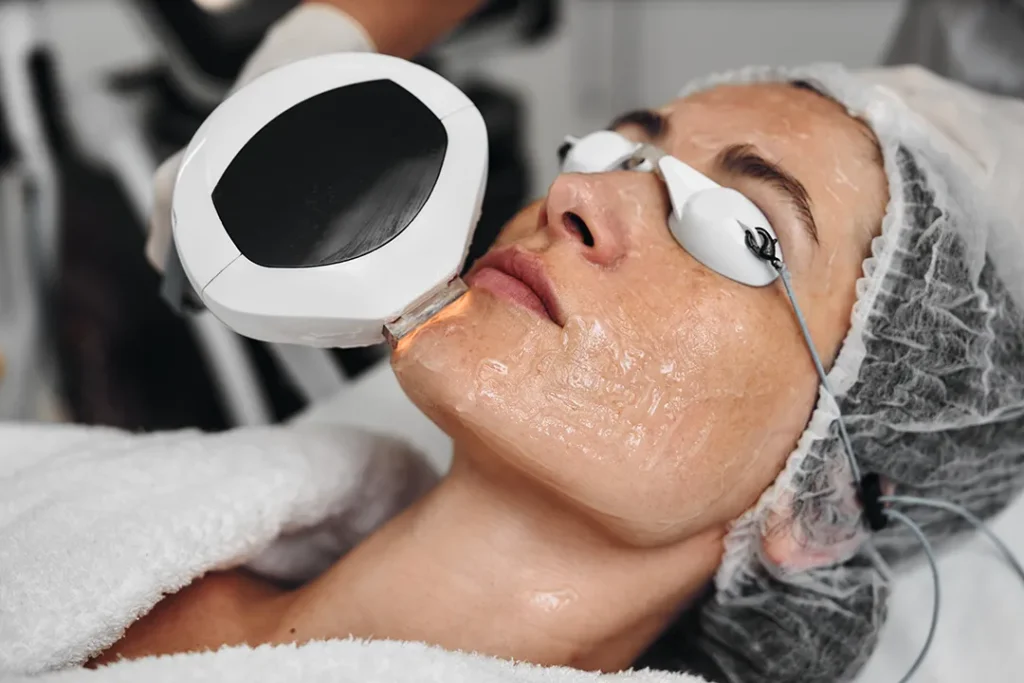Pigmentation & Sun Damage
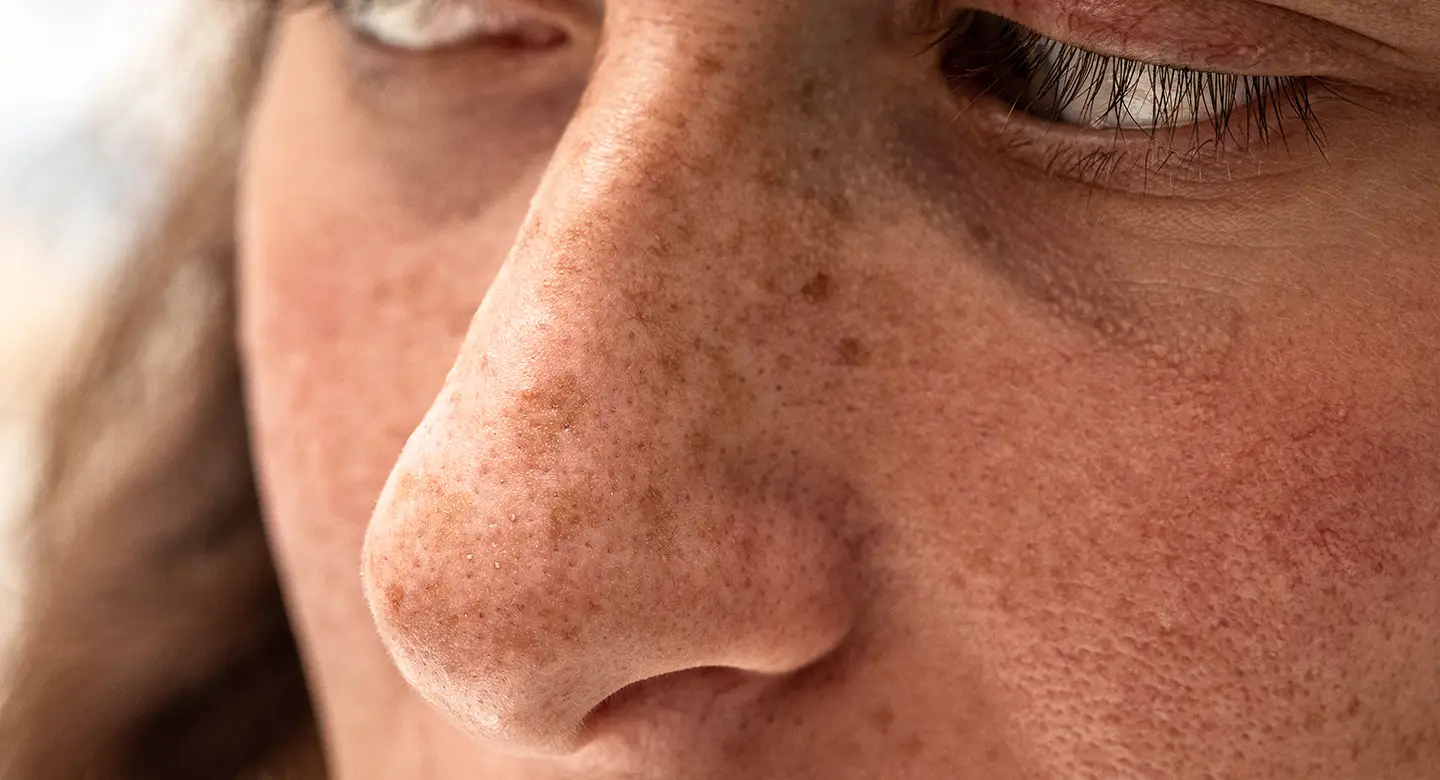
Skin Pigmentation Problems – You Are Not Alone
Skin pigmentation issues encompass a range of conditions, including hyperpigmentation, melasma, and vitiligo. These conditions affect people of all ages and backgrounds, making it crucial to understand their causes and how to address them.
Most Common Causes of Skin Pigmentation Problems
Skin discolouration occurs for a variety of reasons. Key factors include:
Sun Exposure – Prolonged exposure to UV rays from the sun is one of the leading causes of pigmentation issues in the short term and over the course of a lifetime. UV rays stimulate melanin production, leading to dark spots and uneven skin tone. Over time, this can result in photoageing and skin damage.
Hormones – Hormonal fluctuations, particularly in women during pregnancy or while taking birth control, can lead to melasma, characterised by brown patches on the face.
Inflammation – Skin conditions such as acne or eczema can trigger post-inflammatory hyperpigmentation (PIH), where dark patches appear after skin injury or inflammation.
Genetics – Some people are genetically predisposed to conditions such as vitiligo, where patches of skin lose their pigment.
Benefits of Timely Treatment
Many people underestimate the importance of seeking professional help, with studies indicating that a significant percentage of those affected never consult a therapist or skin doctor.
Early intervention is key to achieving the best outcomes. While some pigmentation issues can fade over time, others may persist and worsen without treatment.
Treatment Options for Skin Pigmentation Problems
At Austin Clinic, we offer a range of in-clinic tailored treatments to help you reclaim your skin’s natural radiance. Here are some options you might consider:
Vivace
Vivace is a type of RF dermal needling that stimulates collagen production and helps to even skin tone and texture; including some forms of pigmentation.
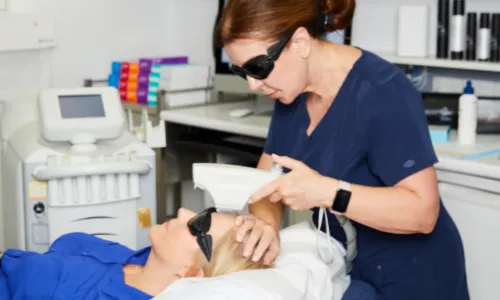
BNL & Laser Therapy
BBL and Laser both target pigmentation directly, breaking down melanin deposits and encouraging an even skin tone.
Home Care Options for Sun Damage and Skin Pigmentation
In addition to professional treatments, there are things you can do yourself to help your complexion. We recommend integrating specific skincare products into your routine to support your skin health:
Daily sunscreen use is vital in preventing further sun damage and protecting your skin from UV rays.
Serums and other products which contain ingredients that inhibit melanin and tyrosinase formation; such as vitamin C, kojic acid, or niacinamide can help lighten dark spots and promote even skin tone.
Moisturisers that keep your skin hydrated are essential for maintaining its barrier and overall health.
While pigmentation problems can be frustrating, numerous treatments can help restore your skin’s natural beauty. At Austin Clinic, our dedicated team will work with you to develop a personalised plan tailored to your unique skin concerns and goals.
FAQs
What is the first step?
Don’t let skin pigmentation issues hold you back from putting your best face forward. Reach out to Austin Clinic today and take the first step on your journey toward clearer, healthier skin.
Doctors who treat this condition
Dr Susan Austin
Dr Yalda Jamali
Dr Prasanthi Purusothaman
Gallery
Related Articles
Living with Vitiligo
Vitiligo is a skin condition that affects 70 million people worldwide, many of them right here in Australia. Uur skin care guru’s talk about how you can keep vitiligo in the background of your life and not take centerstage.
Your Skin Knows: How Trauma Leaves a Mark
We all know that trauma can have a profound impact on our mental and emotional wellbeing. But did you know that it can also manifest physically, leaving its mark on our skin?
Cosmetic Treatments for Breastfeeding Mums
Becoming a mother is one of the most transformative experiences in a woman's life … including what it does to her skin.
BBL Therapy for Skin You’ll Love
In the quest for a radiant, youthful complexion, many people struggle to erase signs of sun damage, uneven texture, and skin conditions such as rosacea.
